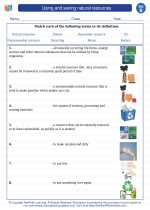What is Evaporation?
Evaporation is the process by which a liquid changes into a gas. This occurs when the molecules in the liquid gain enough energy to escape from the surface and become a gas.
How Does Evaporation Occur?
Evaporation occurs when the temperature of the liquid increases, causing the molecules to move faster and gain enough energy to escape from the surface of the liquid.
Factors Affecting Evaporation
The rate of evaporation is affected by several factors, including temperature, surface area, humidity, and air movement. Higher temperatures, larger surface areas, lower humidity, and increased air movement all promote faster evaporation.
Examples of Evaporation
Evaporation is a common phenomenon in our daily lives. Some examples of evaporation include the drying of wet clothes, the formation of clouds from the evaporation of water from the oceans, and the evaporation of sweat from our skin to cool the body.
Importance of Evaporation
Evaporation plays a crucial role in the water cycle, where it helps to replenish water sources and maintain the balance of water on Earth. It also helps in various industrial processes such as the production of salt and the concentration of fruit juices.
.◂Science Worksheets and Study Guides Second Grade. Using and saving natural resources

 Worksheet/Answer key
Worksheet/Answer key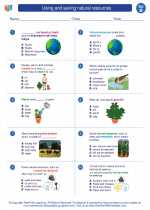
 Worksheet/Answer key
Worksheet/Answer key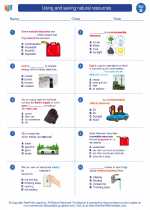
 Worksheet/Answer key
Worksheet/Answer key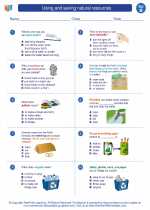
 Vocabulary/Answer key
Vocabulary/Answer key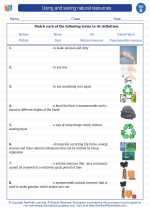
 Vocabulary/Answer key
Vocabulary/Answer key